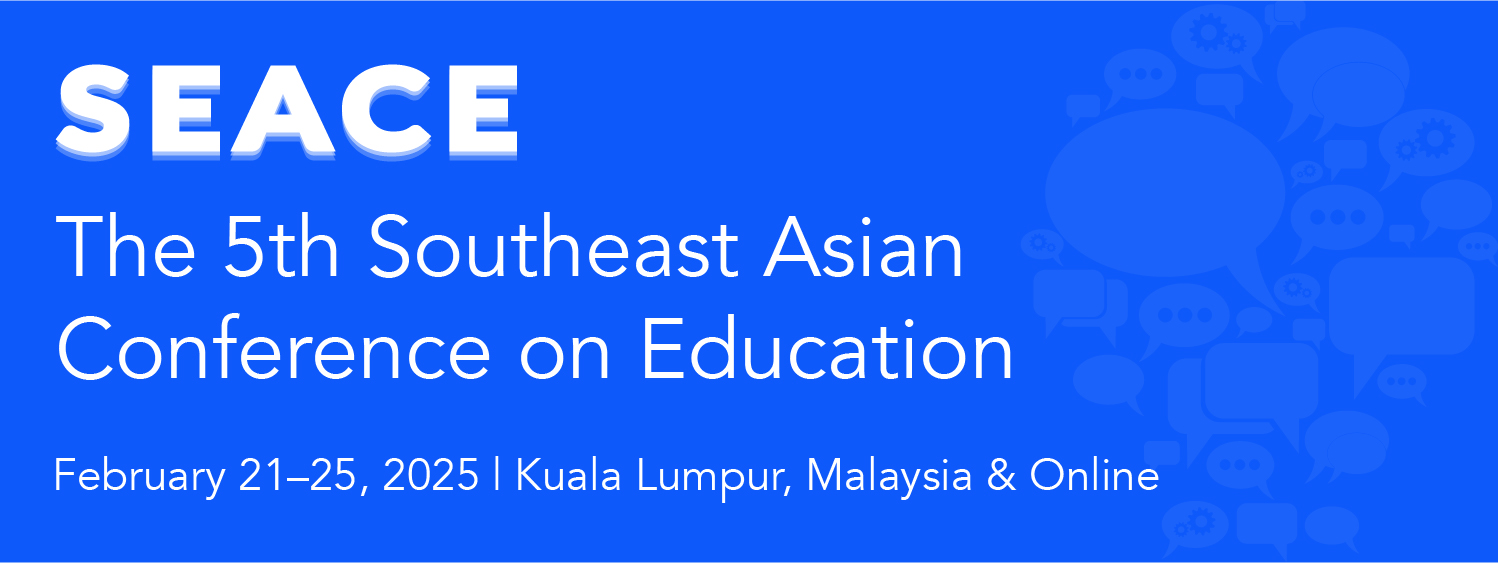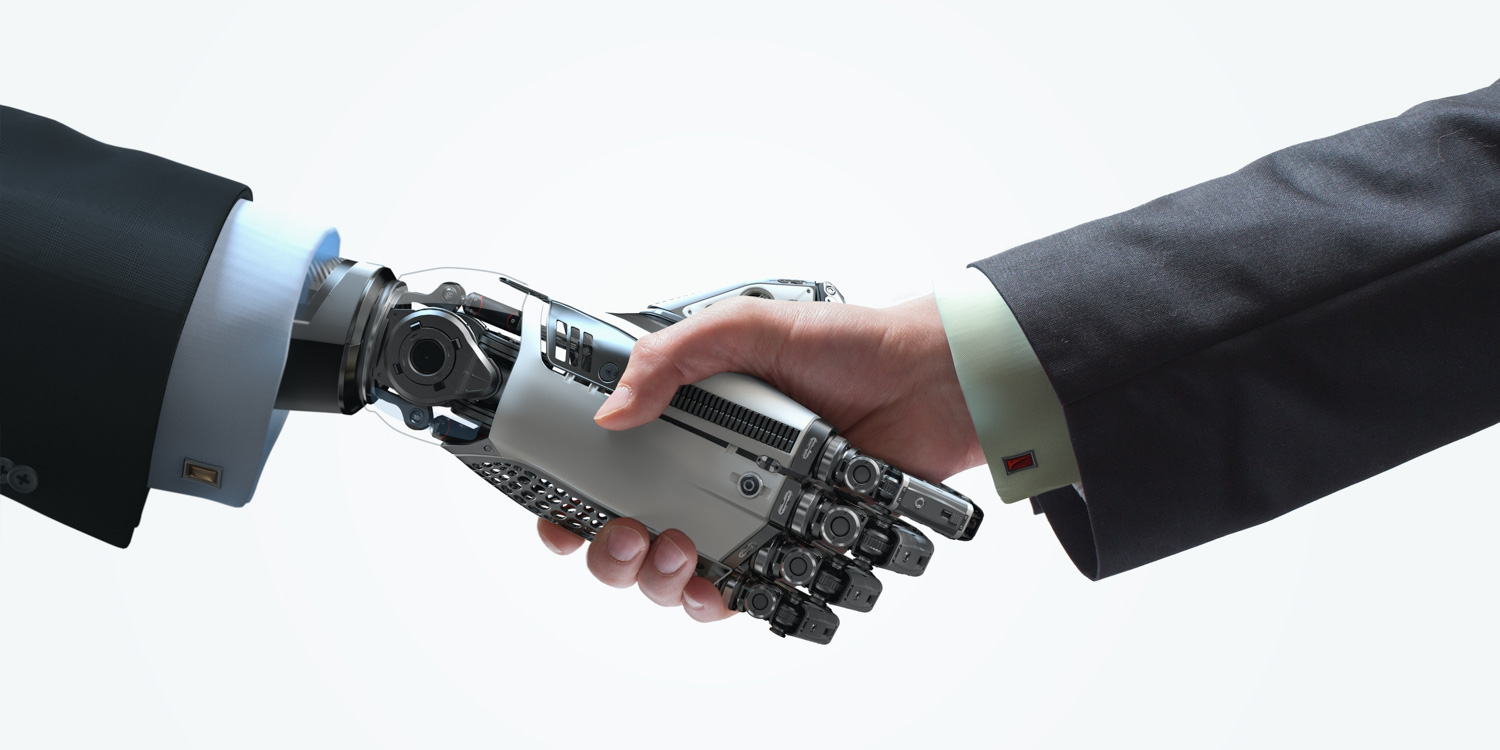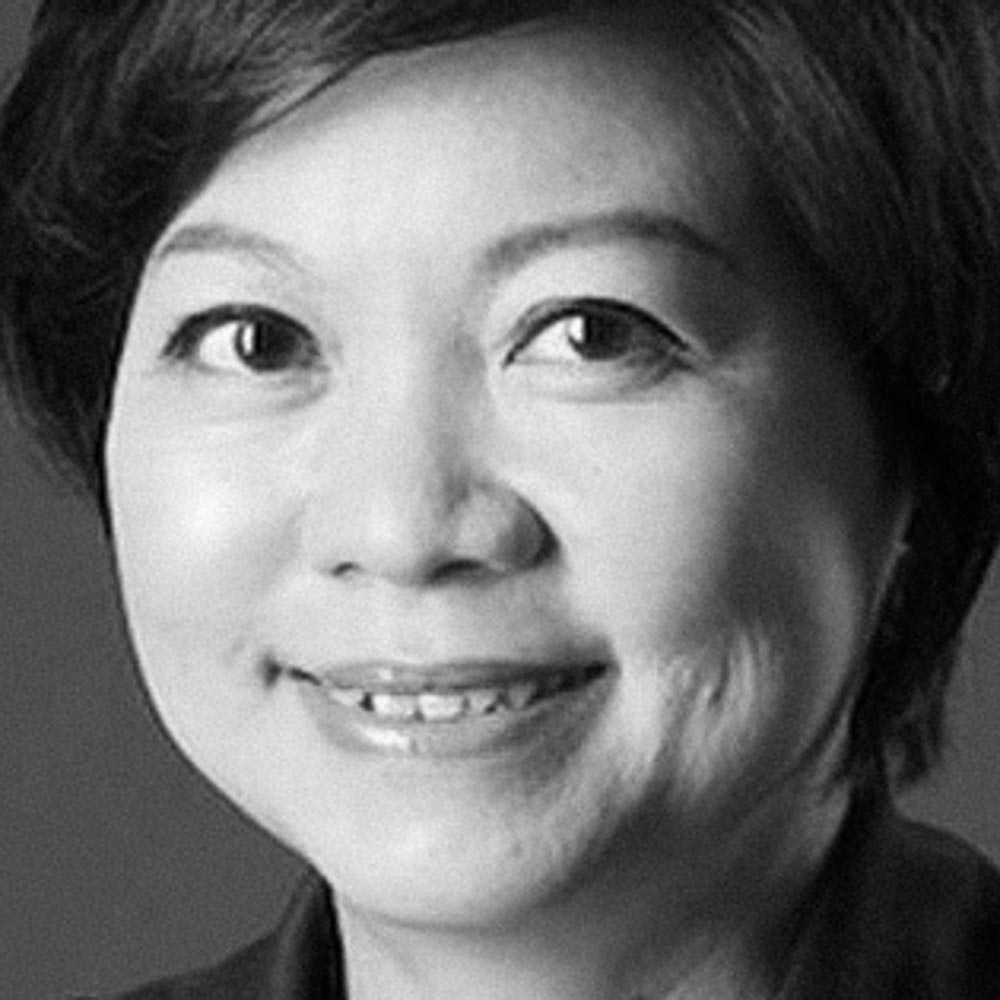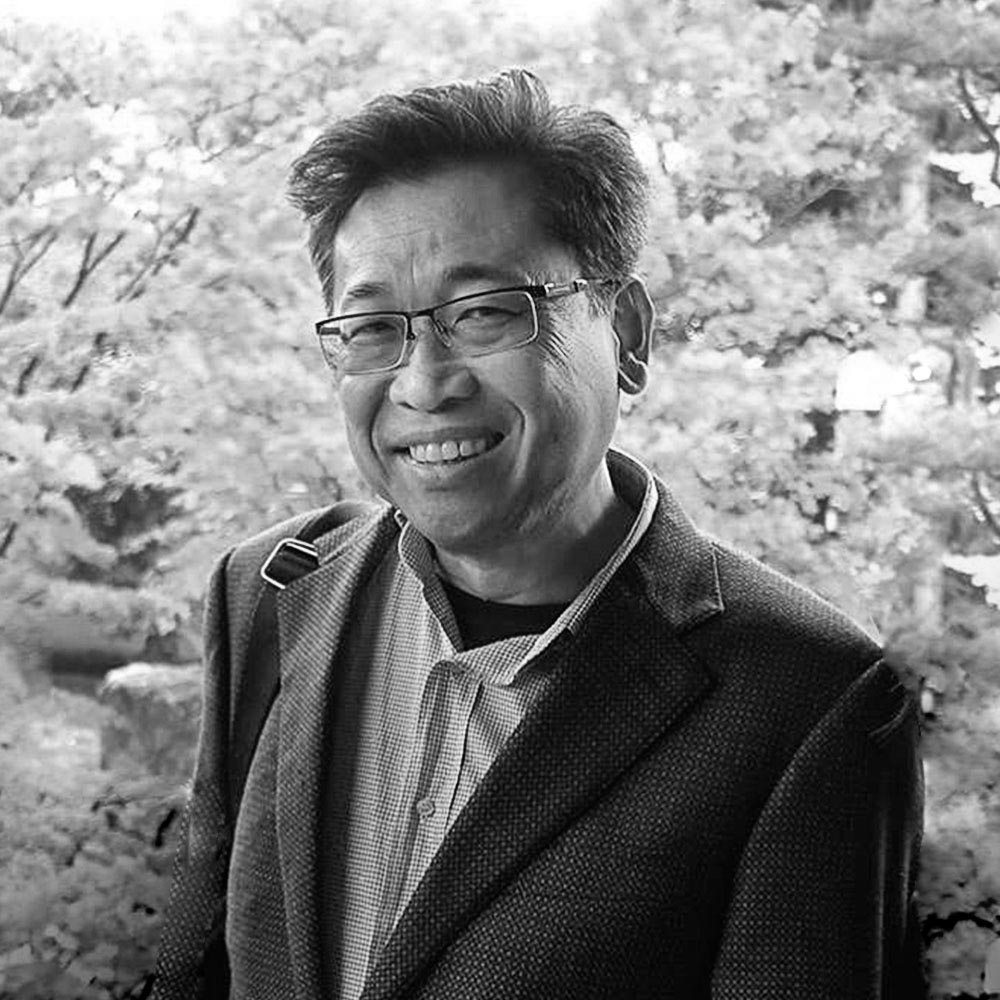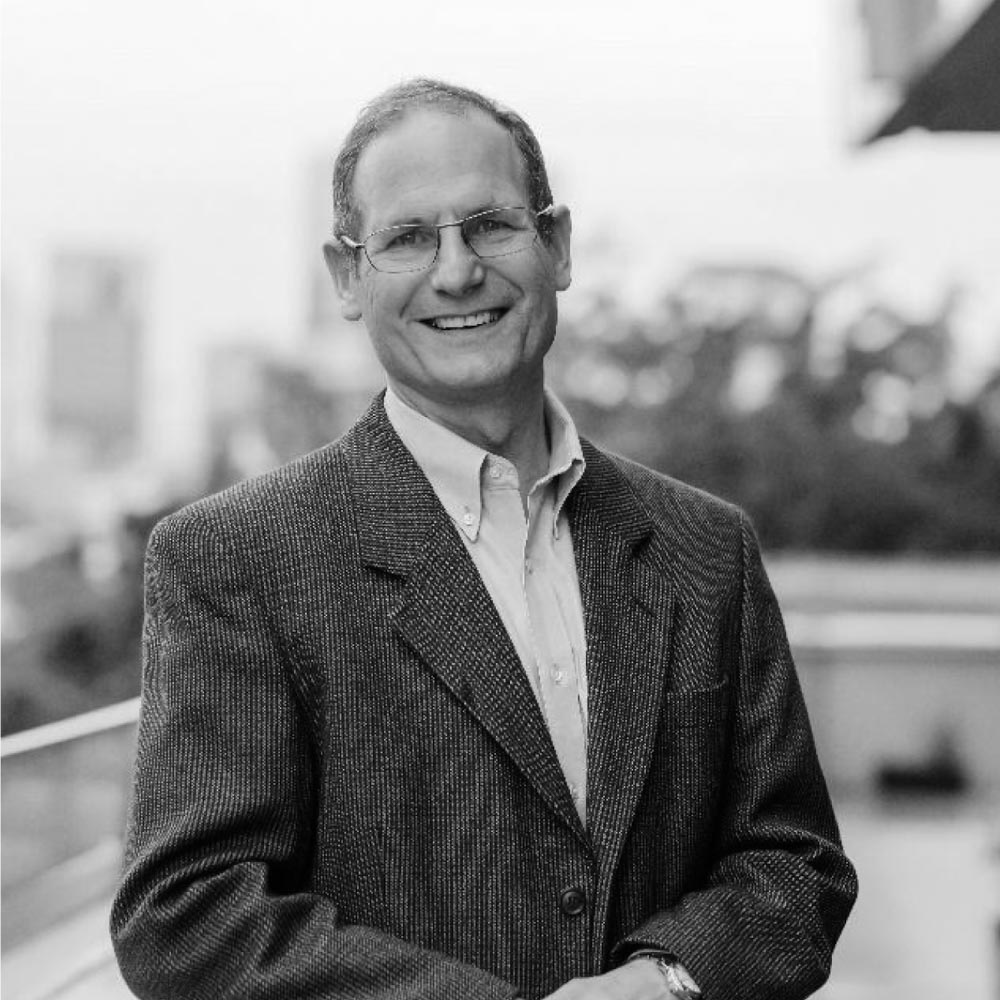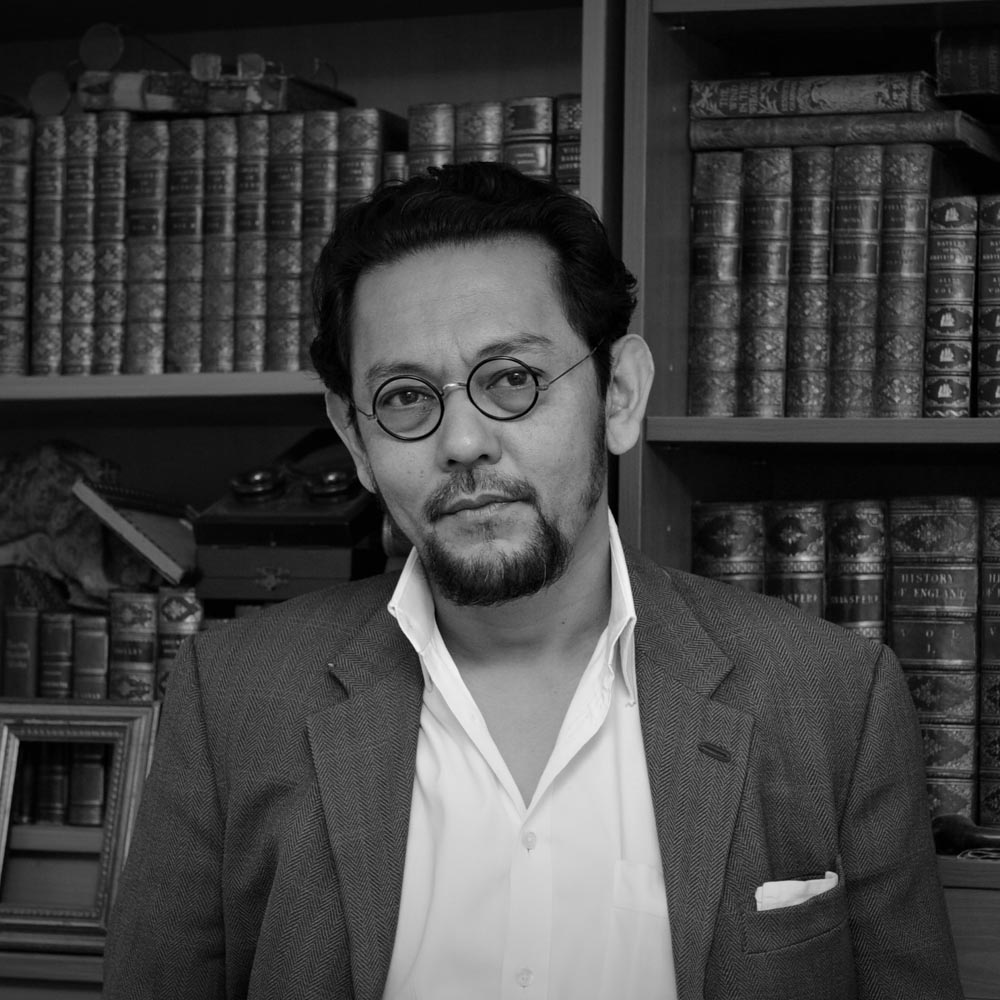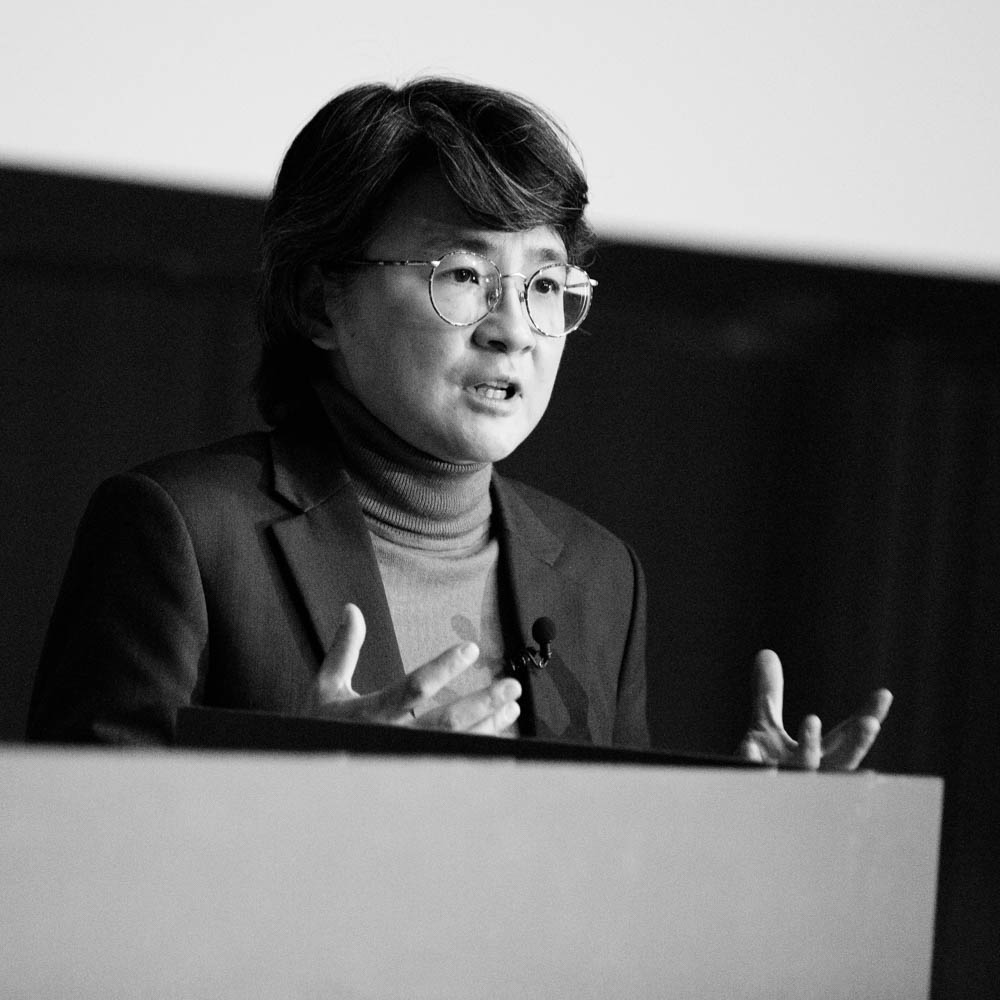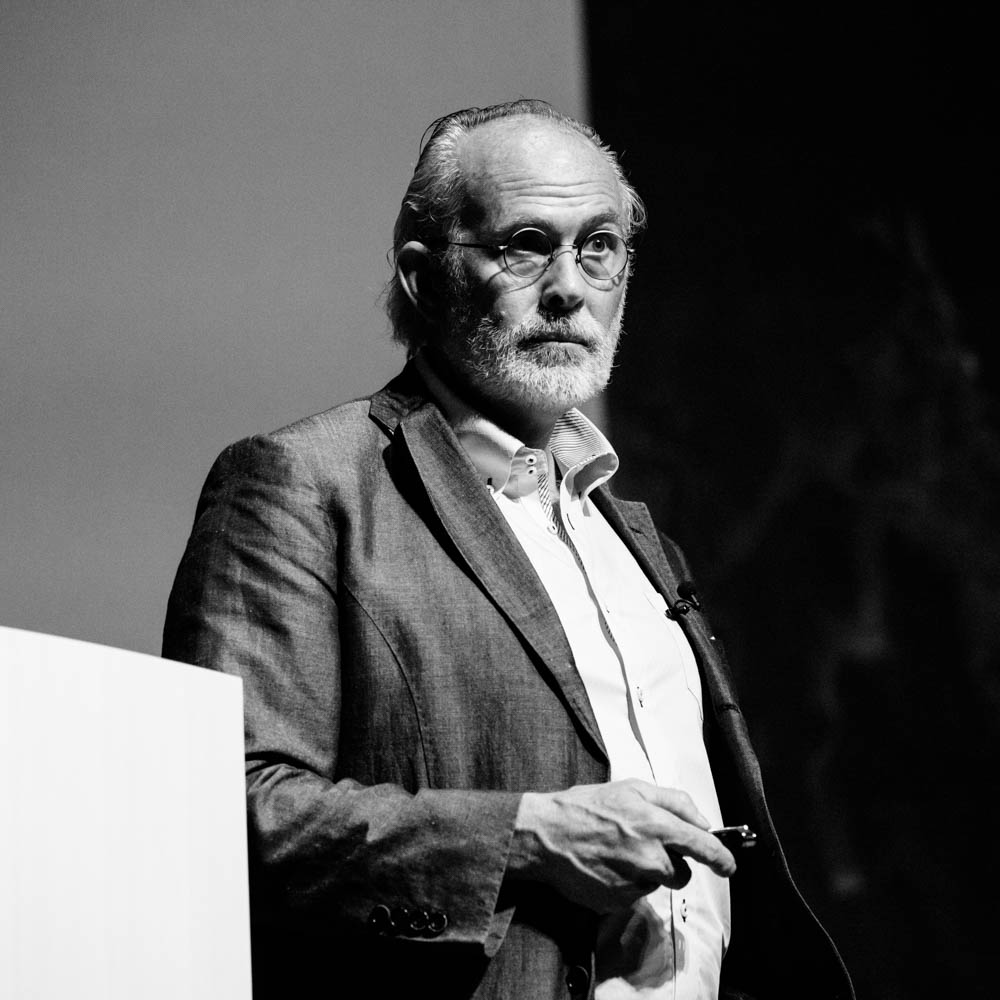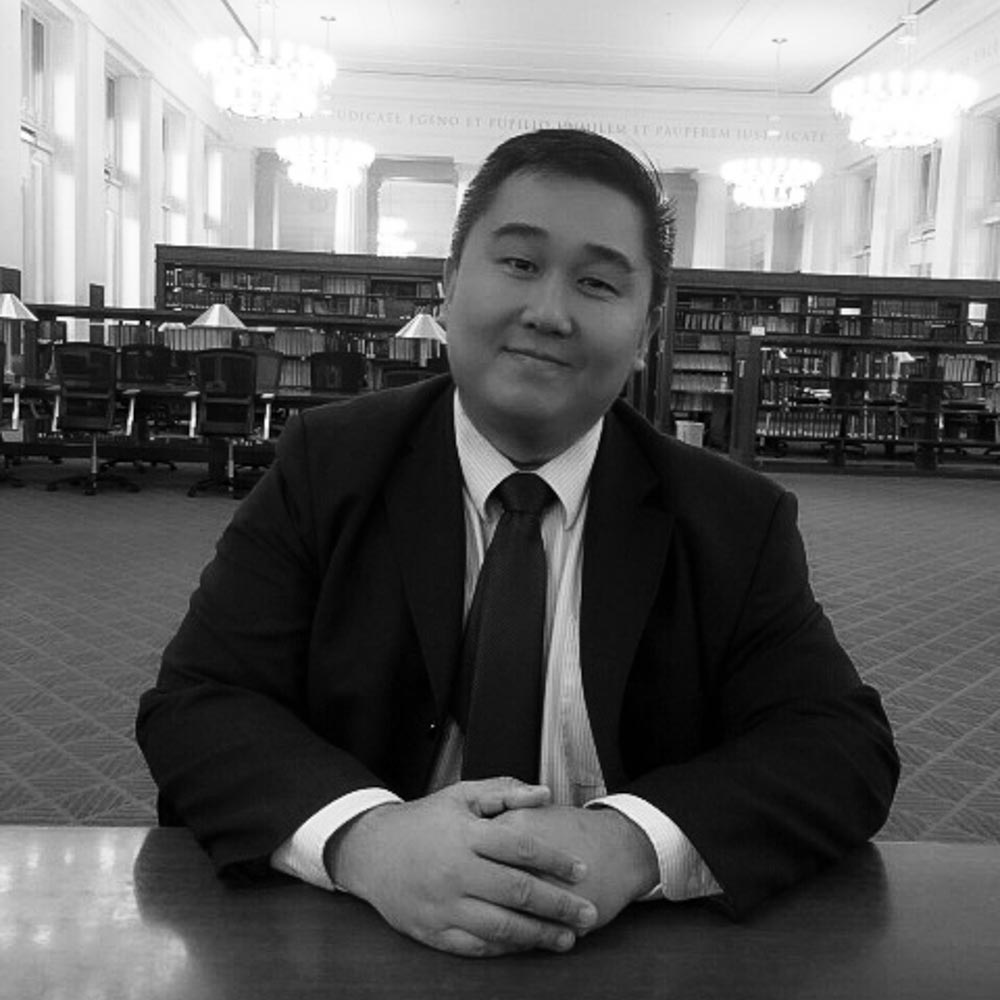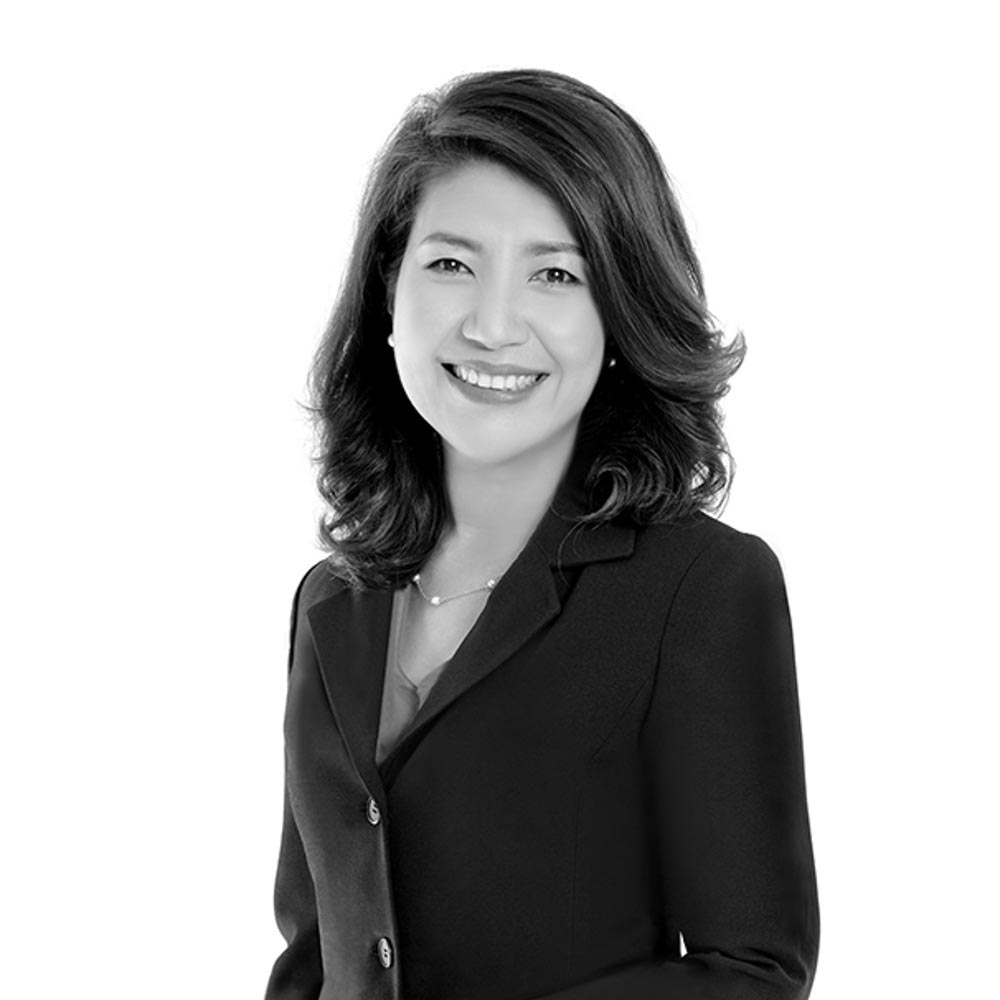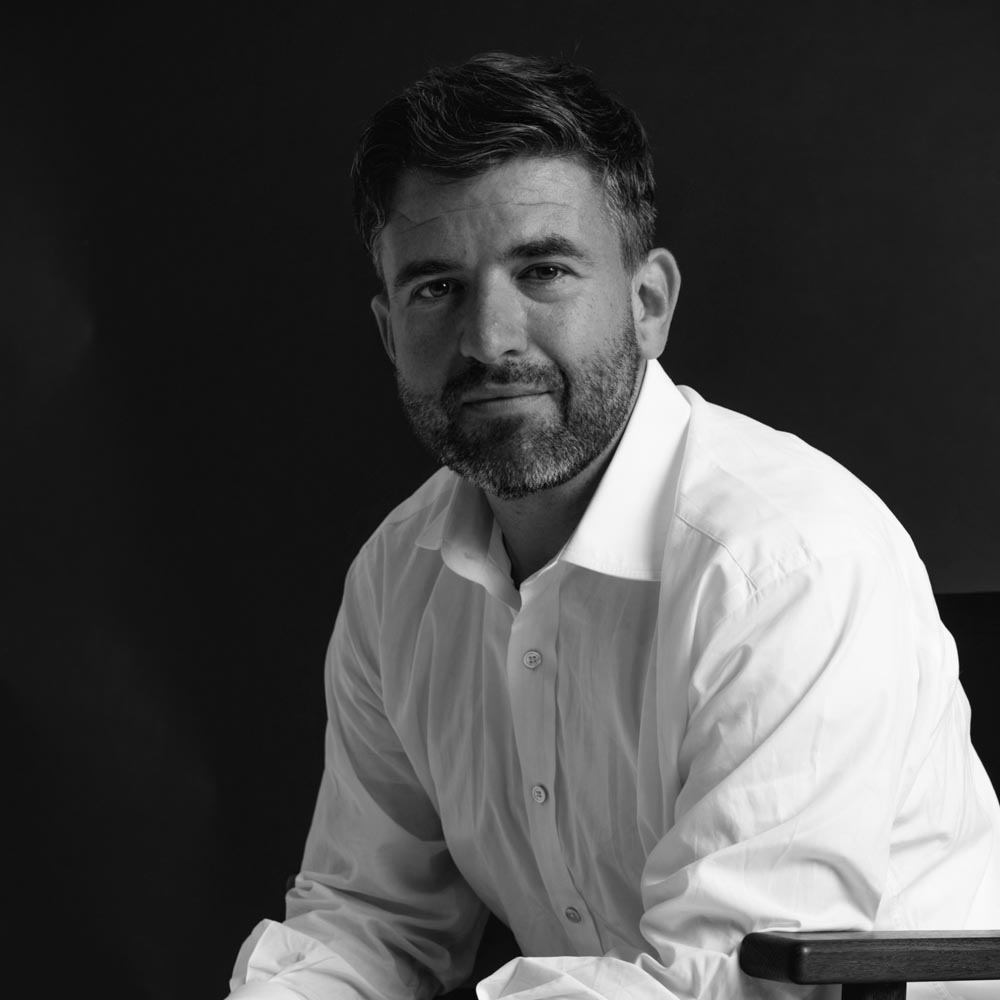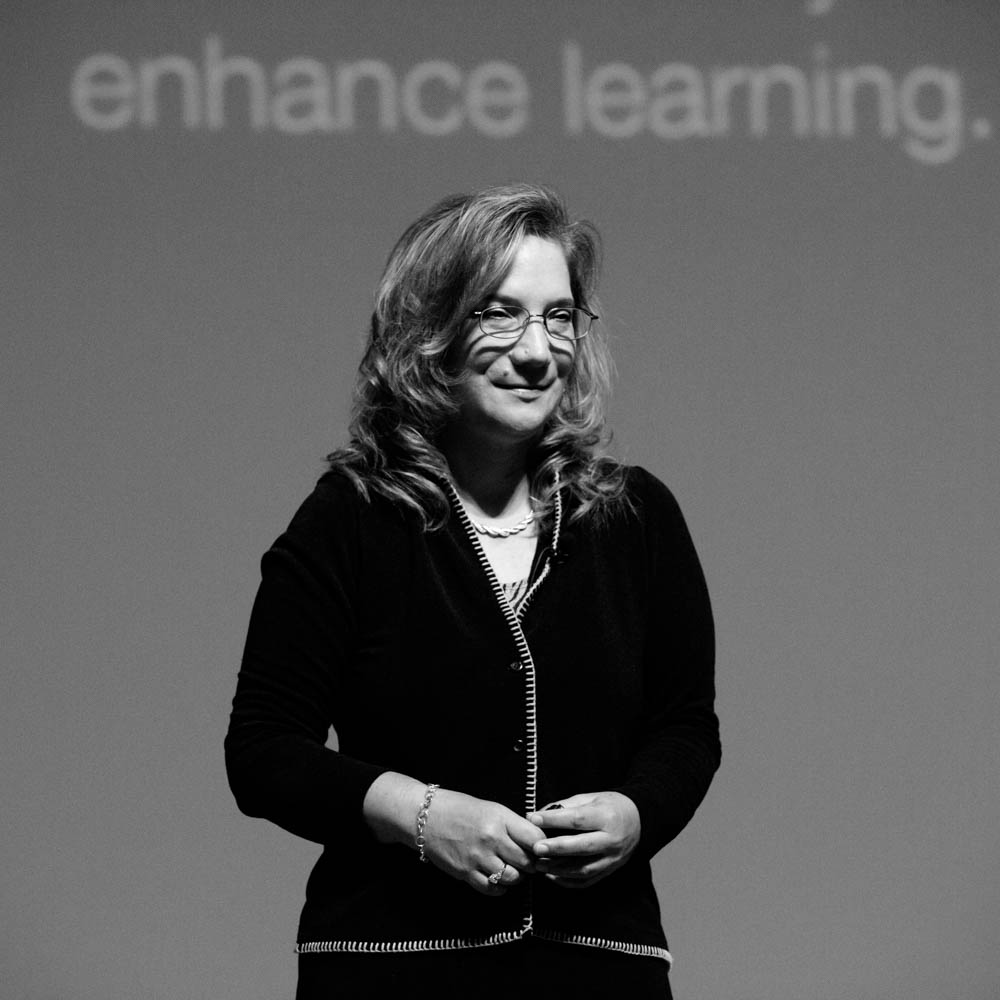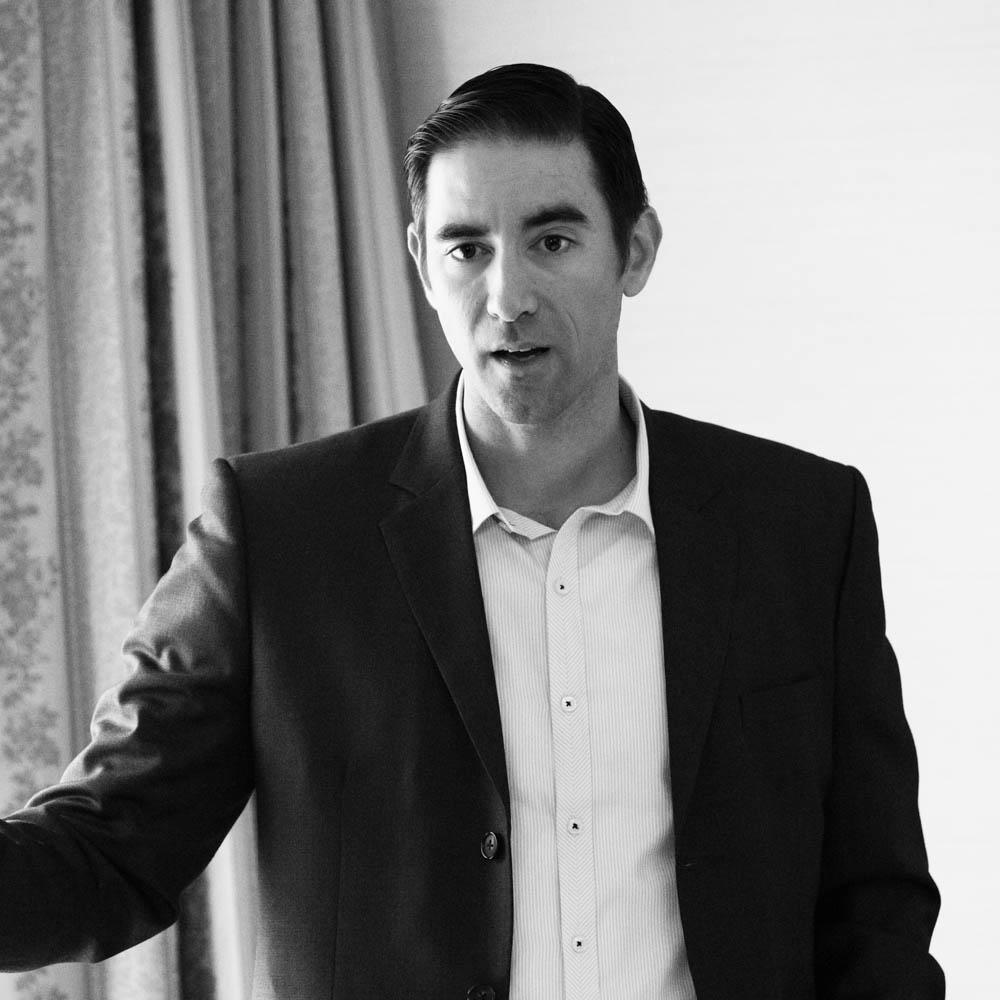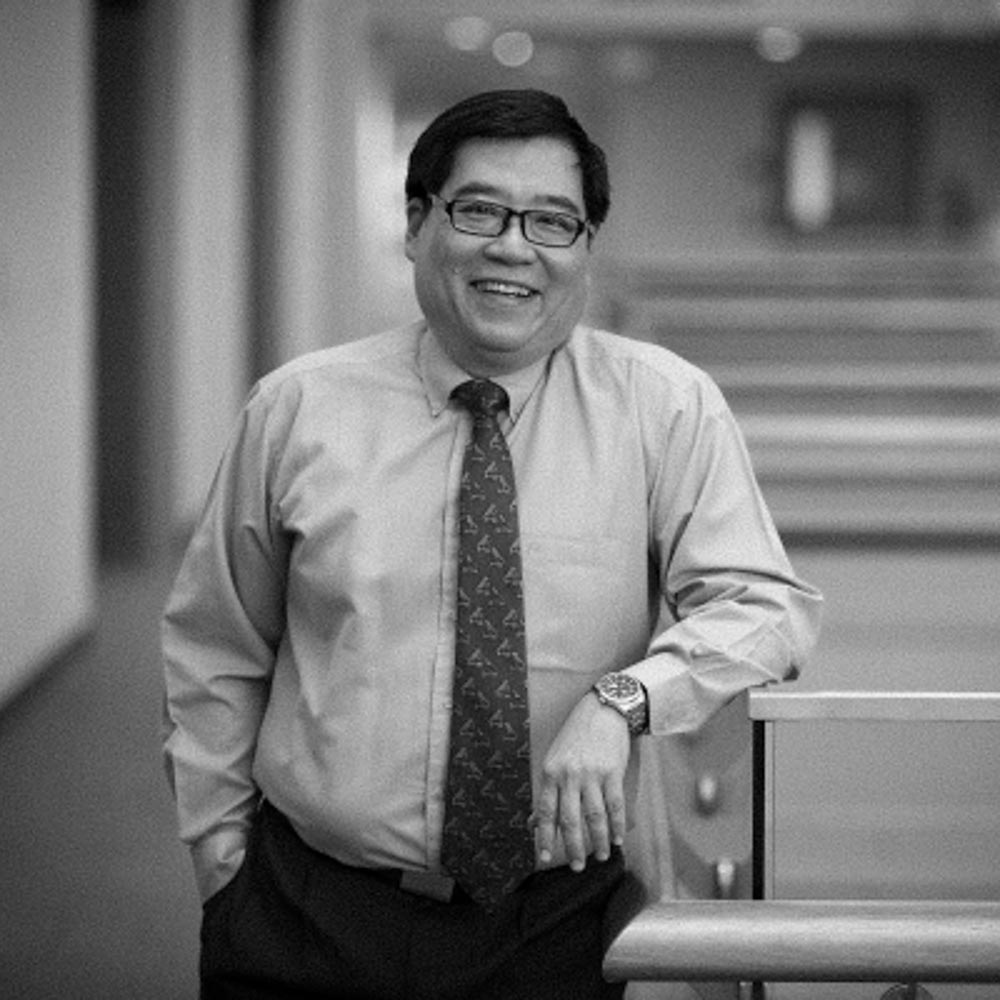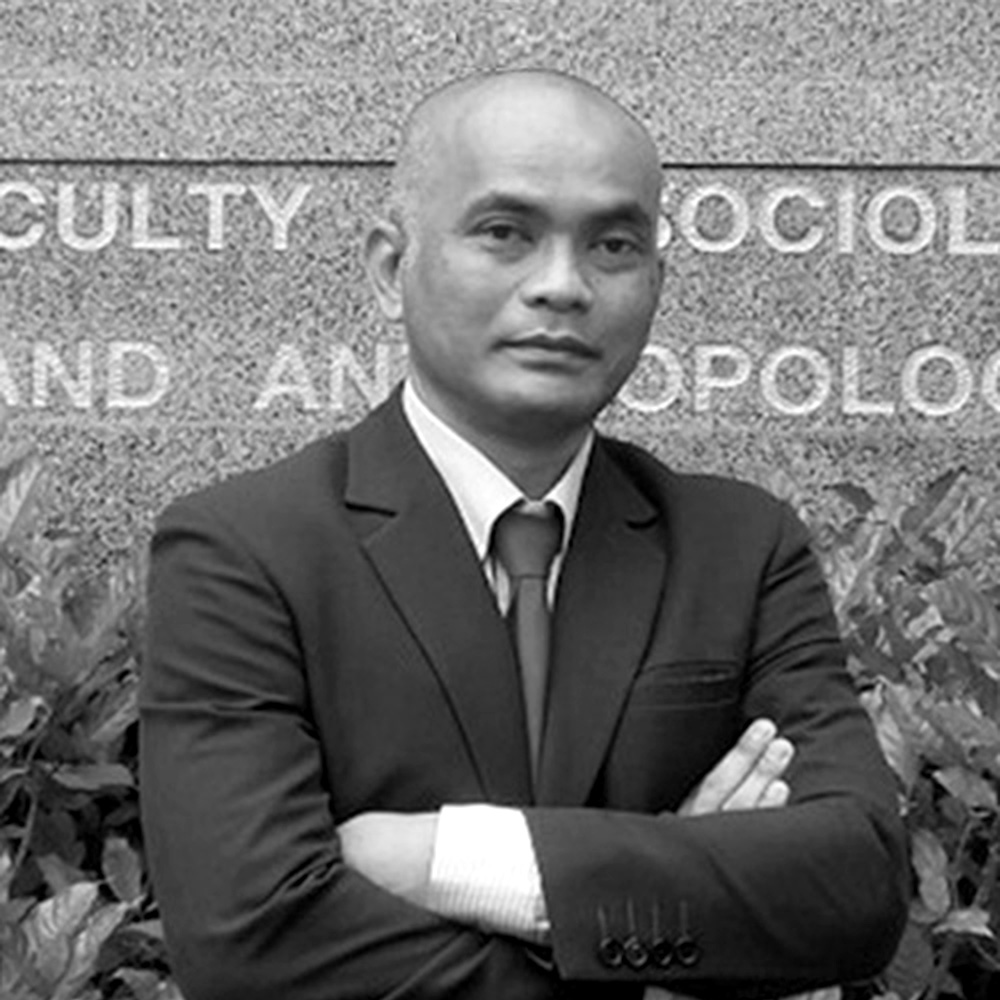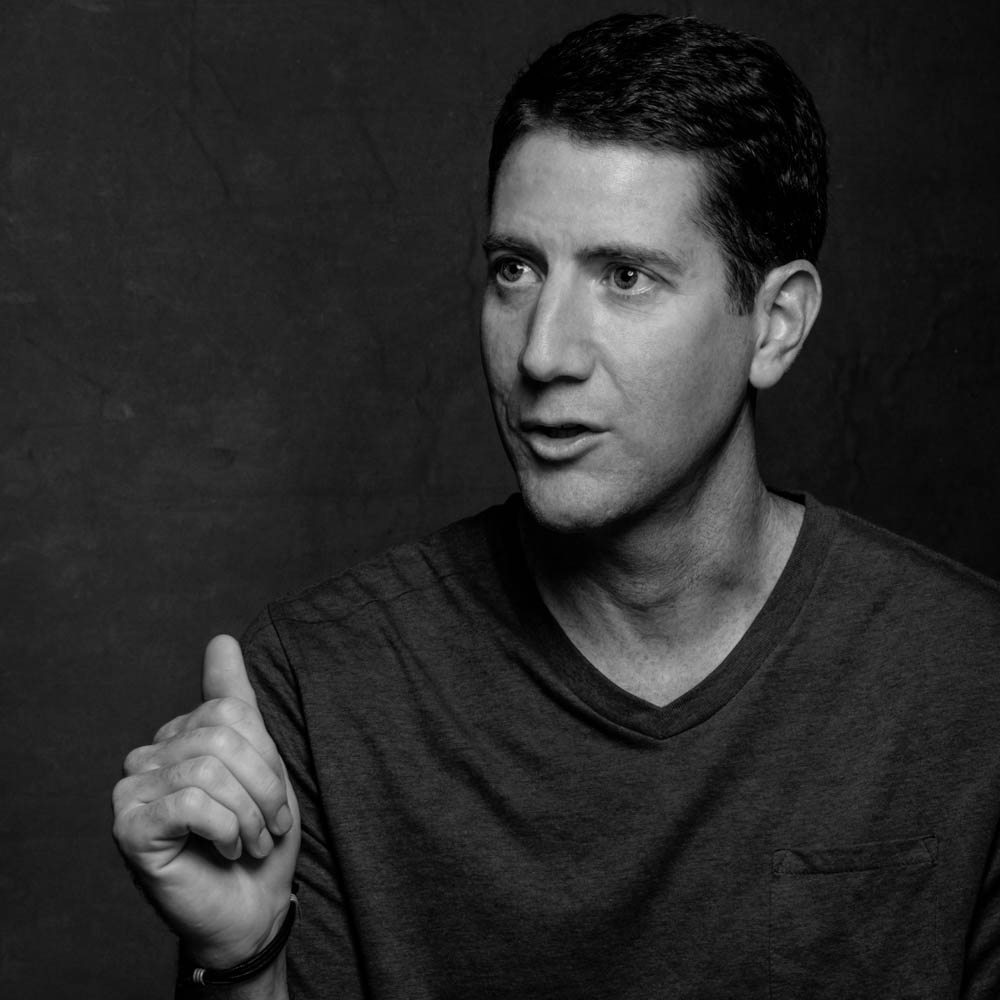
SEACE2020
February 7–9, 2020 | MAX Atria at Singapore EXPO, Singapore
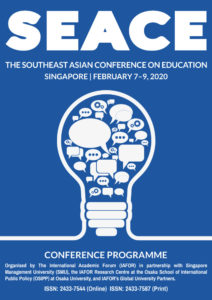 The education scene in Southeast Asia is one of the most dynamic, entrepreneurial and competitive in the world, with more than 12 million students enrolled in around 7,000 higher education institutions across the region, reflecting the ASEAN’s growth in relevance and weight in the global economy and politics. The fast growing middle-class propels the inherently diverse ASEAN Community to set educational standards for the relatively youthful and growing population that are globally competitive and yet locally grounded, as can be witnessed by the achievements of the universities in Singapore. While Singapore is often spoken as an exception, it nevertheless is an integral part of the ASEAN’s goal to establish a “common space for higher education” and efforts to promote trans-national education to enhance human resource development that foster greater economic, social and political integration among the 10 diverse nations. To this end, the case of Singapore is also a reminder that raising the standard and quality of education in poorer members of ASEAN is still a real challenge that must be addressed collectively. The goals and aspirations for education in ASEAN may be clear but the environment is complex, as national institutions must compete with global competitors from outside ASEAN, such as US, UK and Australian universities that have been long been popular destinations for Southeast Asian students to study abroad. The trend of overseas universities establishing campuses in ASEAN countries, and the fast-changing educational requirements, skills and qualifications compound the situation with additional hurdles.
The education scene in Southeast Asia is one of the most dynamic, entrepreneurial and competitive in the world, with more than 12 million students enrolled in around 7,000 higher education institutions across the region, reflecting the ASEAN’s growth in relevance and weight in the global economy and politics. The fast growing middle-class propels the inherently diverse ASEAN Community to set educational standards for the relatively youthful and growing population that are globally competitive and yet locally grounded, as can be witnessed by the achievements of the universities in Singapore. While Singapore is often spoken as an exception, it nevertheless is an integral part of the ASEAN’s goal to establish a “common space for higher education” and efforts to promote trans-national education to enhance human resource development that foster greater economic, social and political integration among the 10 diverse nations. To this end, the case of Singapore is also a reminder that raising the standard and quality of education in poorer members of ASEAN is still a real challenge that must be addressed collectively. The goals and aspirations for education in ASEAN may be clear but the environment is complex, as national institutions must compete with global competitors from outside ASEAN, such as US, UK and Australian universities that have been long been popular destinations for Southeast Asian students to study abroad. The trend of overseas universities establishing campuses in ASEAN countries, and the fast-changing educational requirements, skills and qualifications compound the situation with additional hurdles.
The first IAFOR Southeast Asian Conference on Education seeks to identify the challenges and highlight the strength in the way ASEAN countries address and tackle the region’s educational needs, at both the national level and at the region-wide level, such as internationalisation, multiculturalism, connectivity, mobility and accessibility. What are the challenges of reforming national-level primary and secondary education system conducive to enhancing trans-national education within ASEAN and to forging ASEAN identity? What are the benefits of trans-national education models that the rest of the world, particularly ASEAN’s neighbour to the north, learn from? As a vibrant hub of eager and motivated youth, the future of education around the world surely cannot ignore what is happening in Southeast Asia.
SEACE2020 encourages academics and scholars to meet and exchange ideas and views in a forum stimulating respectful dialogue. Like our long-running events elsewhere in the world, our first in Southeast Asia will afford an exceptional opportunity for renewing old acquaintances, making new contacts, networking, and facilitating partnerships across national and disciplinary borders.
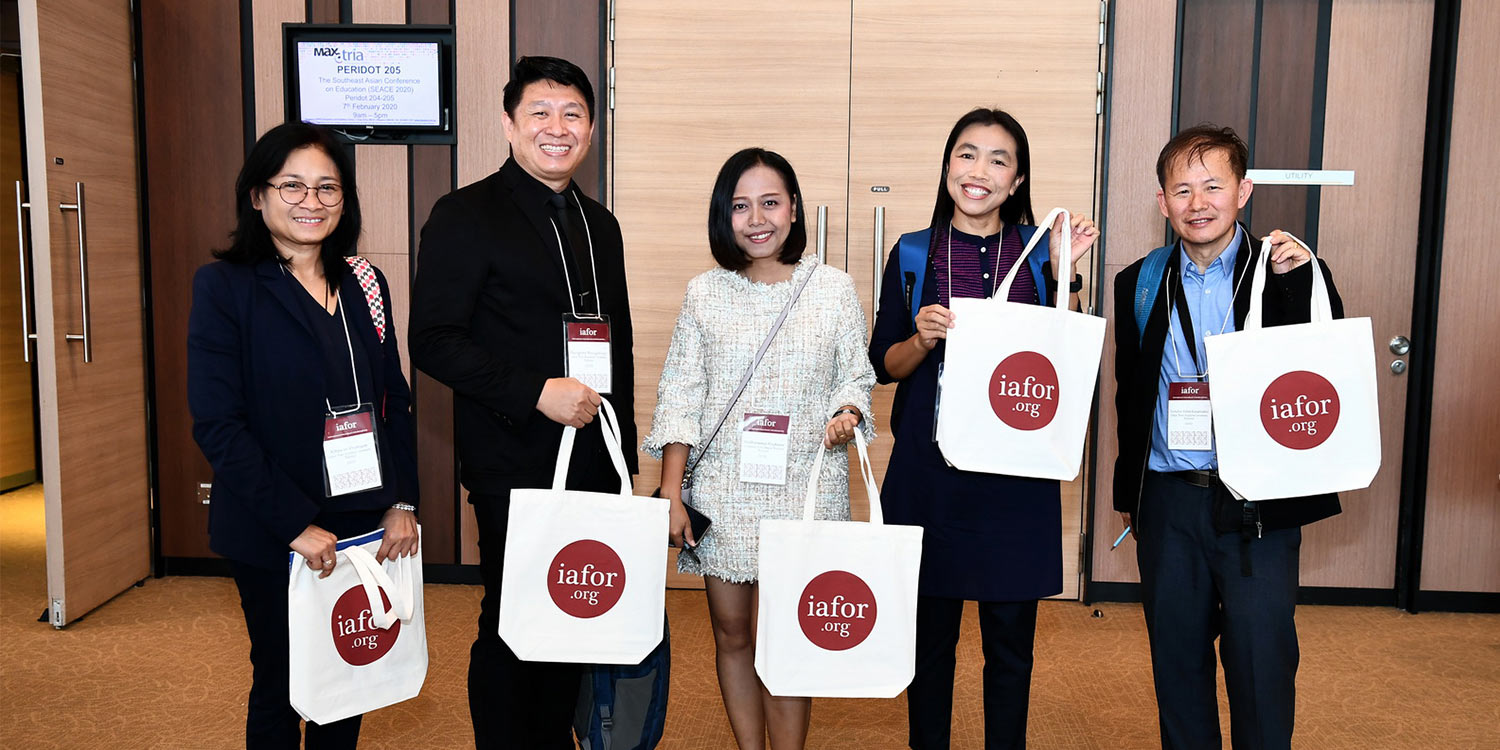
SEACE2020 Photo Report
The inaugural Southeast Asian Conference on Education (SEACE2020) was held in partnership with Singapore Management University (SMU) at MAX Atria, Singapore EXPO, from Friday, February 07, 2020 to Sunday, February 09, 2020.
The first IAFOR Southeast Asian Conference on Education set out to identify the challenges and highlight the strength in the way ASEAN countries address and tackle the region’s educational needs, at both the national level and at the region-wide level, such as internationalisation, multiculturalism, connectivity, mobility and accessibility. Speakers unpicked the challenges of reforming national-level primary and secondary education systems conducive to enhancing trans-national education within ASEAN and towards forging ASEAN identity. The event showed that the future of education around the world surely cannot ignore what is happening in Southeast Asia.
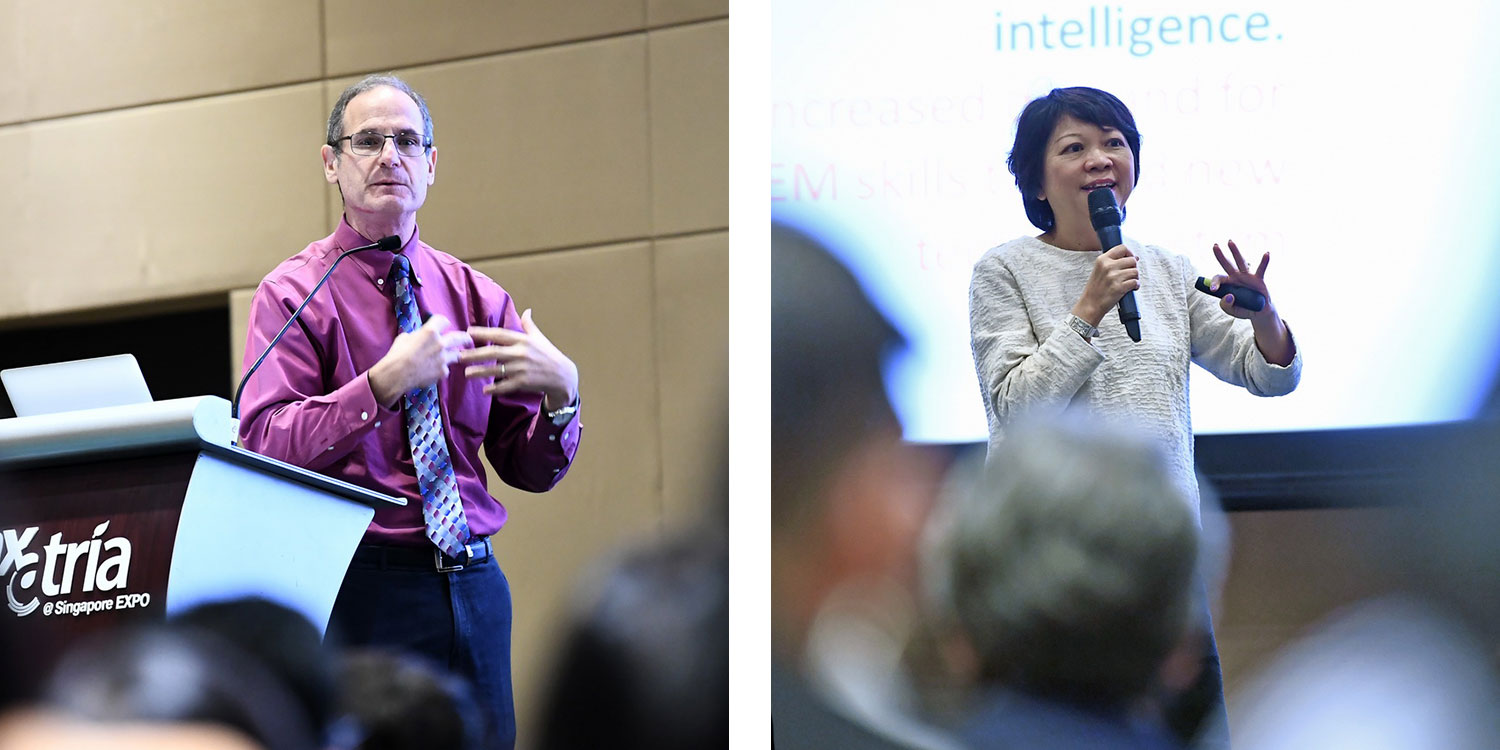
SEACE2020 kicked off with a Keynote Address by Steven Miller, SMU Vice Provost for Research (above left), titled "The Impact of AI on the Future of Work: Implications for University Education in ASEAN", and was followed by a Keynote from Dr Lim Lai Cheng (above right), Executive Director of the SMU Academy on "Skills and Higher Education: A Case Study of Singapore and Implications for Southeast Asia".
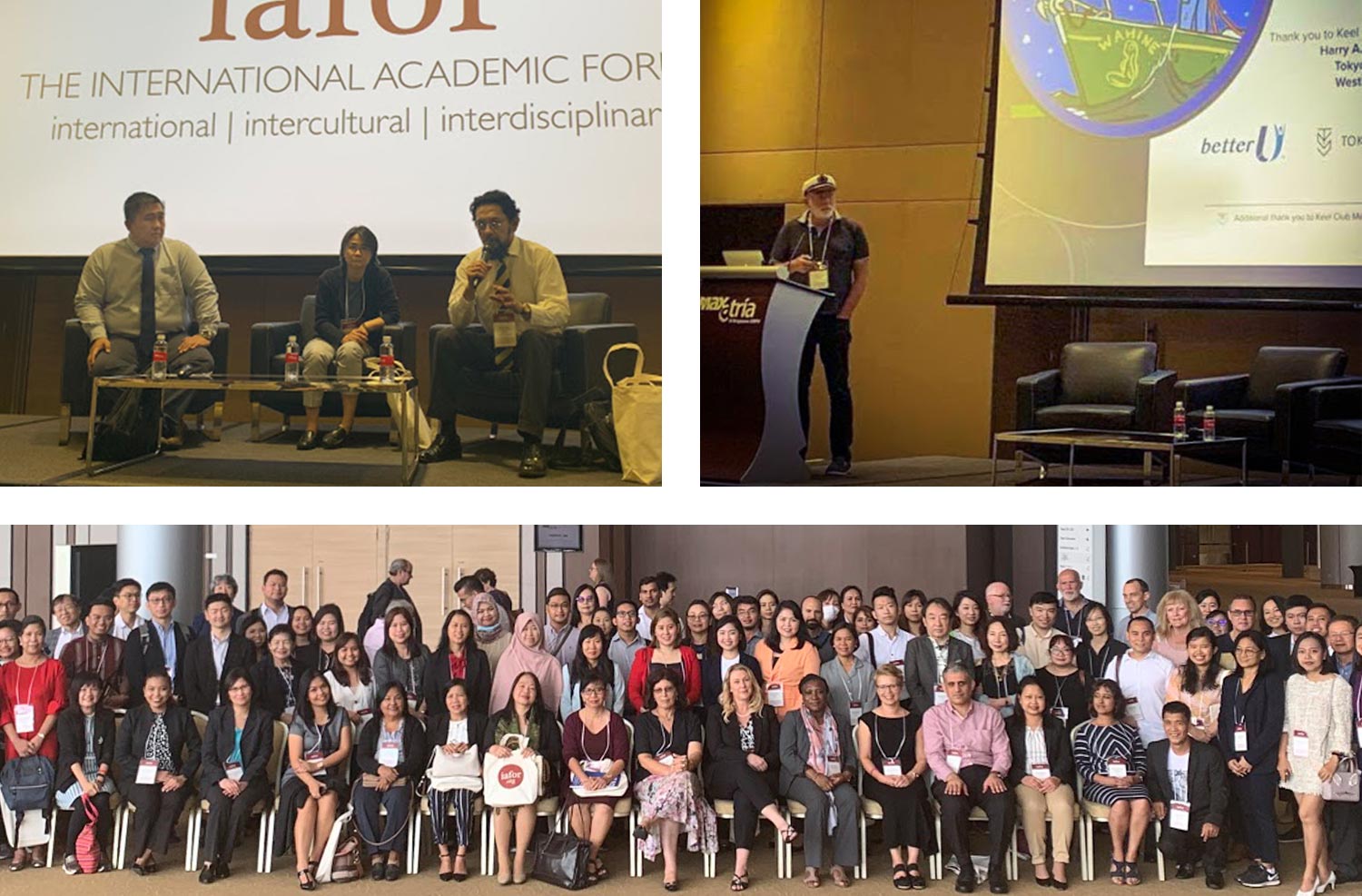
Above left: Professor Victor Teo of The University of Hong Kong, Hong Kong Victor Teo of The University of Hong Kong, Hong Kong (left), Professor Haruko Satoh of Osaka University, Japan (center), and Professor Farish Noor of Nanyang Technological University, Singapore speak as part of a wide ranging plenary panel on “Education in Southeast Asia: Crossroads of Geopolitics, Economic Development and Democracy”. Above right: Lowell Sheppard of the HOPE International Development Agency, Japan, speaks about his plans to traverse the Pacific solo in a keynote on “From South East Asian Classrooms to the Middle of the North Pacific!”. Bottom: delegates at SEACE2020 gather for a group photo.
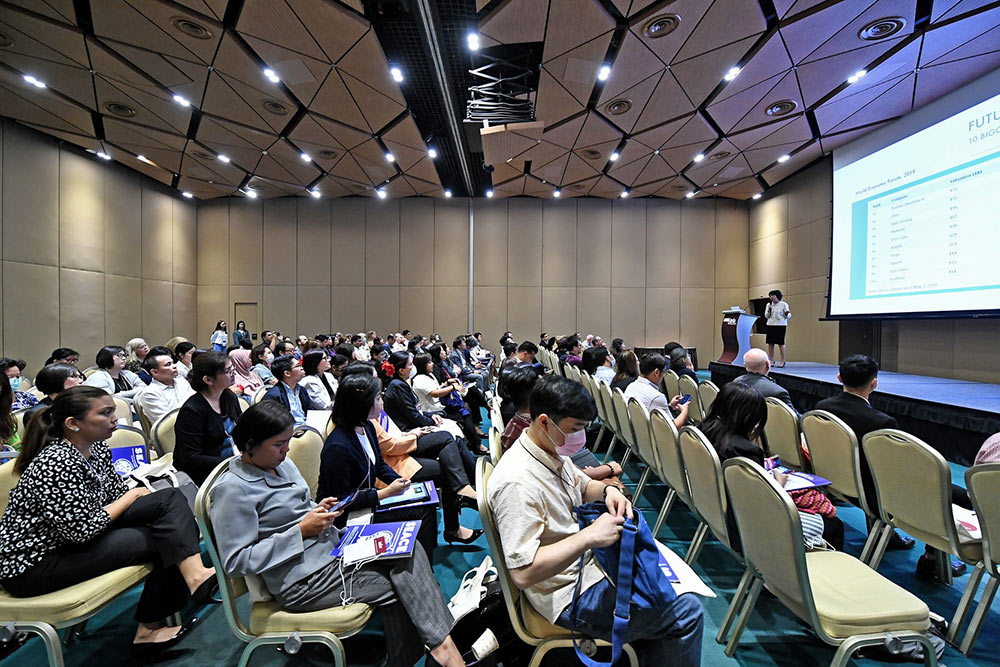
Delegates listen to Dr Lim Lai Cheng, Executive Director of the SMU Academy speaking on "Skills and Higher Education: A Case Study of Singapore and Implications for Southeast Asia".
Programme
-
 Education in Southeast Asia: Crossroads of Geopolitics, Economic Development and DemocracyPlenary Panel Presentation: Haruko Satoh, Lam Peng Er, Farish Noor & Victor Teo
Education in Southeast Asia: Crossroads of Geopolitics, Economic Development and DemocracyPlenary Panel Presentation: Haruko Satoh, Lam Peng Er, Farish Noor & Victor Teo -
 The Impact of AI on the Future of Work: Implications for University Education in ASEANSpecial Address: Steven Miller
The Impact of AI on the Future of Work: Implications for University Education in ASEANSpecial Address: Steven Miller -
 Skills and Higher Education: A Case Study of Singapore & Implications for Southeast AsiaFeatured Presentation: Lim Lai Cheng
Skills and Higher Education: A Case Study of Singapore & Implications for Southeast AsiaFeatured Presentation: Lim Lai Cheng -
 From South East Asian Classrooms to the Middle of the North Pacific!Featured Presentation: Lowell Shepherd
From South East Asian Classrooms to the Middle of the North Pacific!Featured Presentation: Lowell Shepherd
Speakers
-
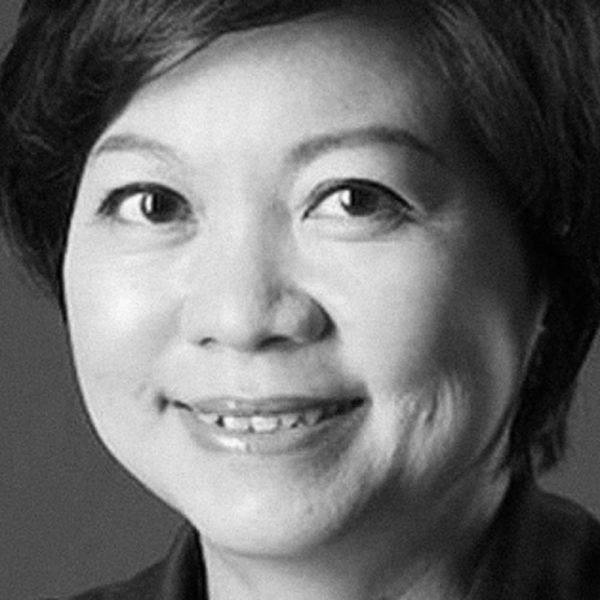 Lim Lai ChengSingapore Management University, Singapore
Lim Lai ChengSingapore Management University, Singapore -
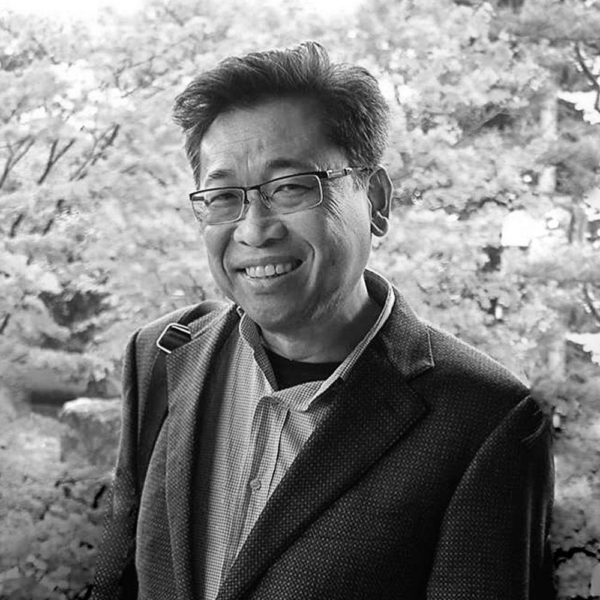 Lam Peng ErEast Asian Institute, National University of Singapore, Singapore
Lam Peng ErEast Asian Institute, National University of Singapore, Singapore -
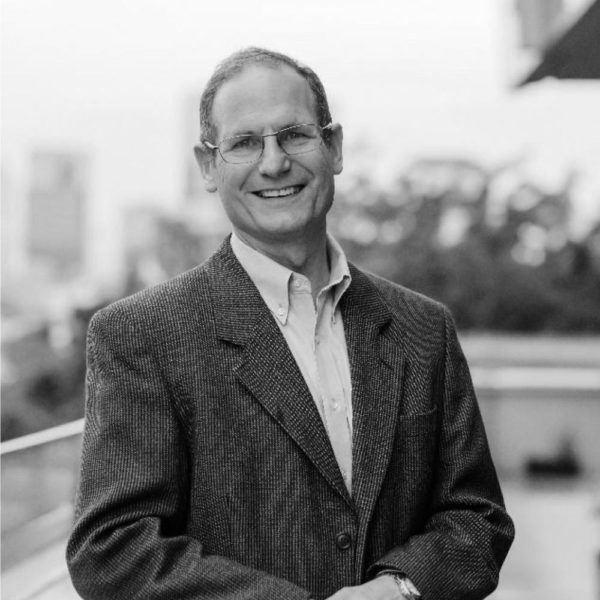 Steven MillerSingapore Management University (SMU), Singapore
Steven MillerSingapore Management University (SMU), Singapore -
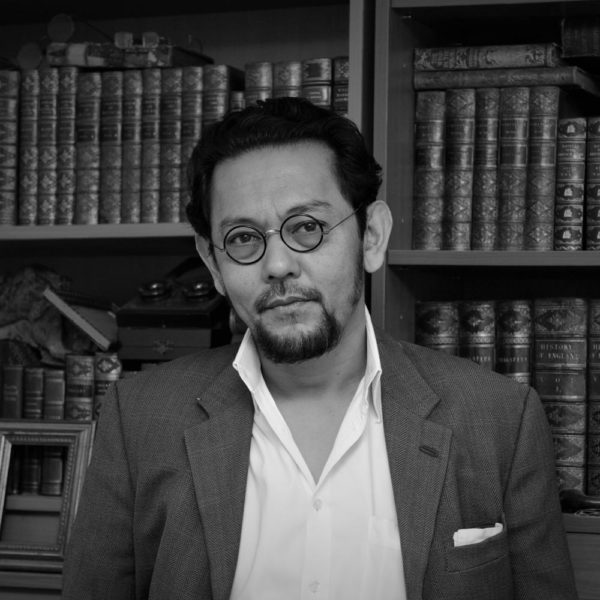 Farish NoorNanyang Technological University (NTU), Singapore
Farish NoorNanyang Technological University (NTU), Singapore -
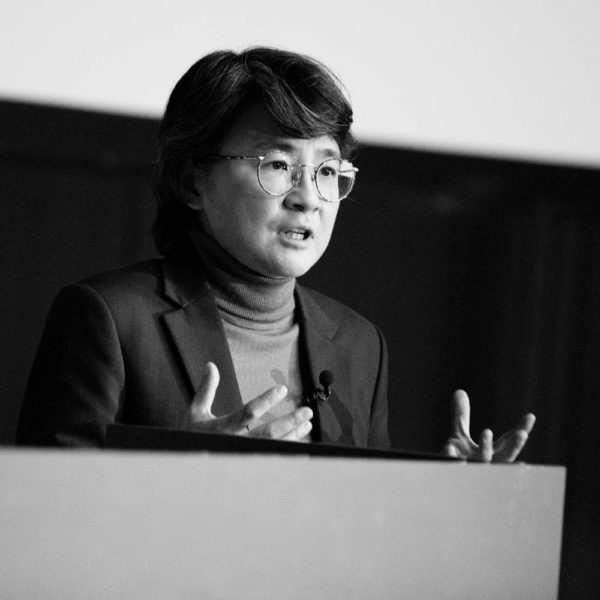 Haruko SatohOsaka University, Japan
Haruko SatohOsaka University, Japan -
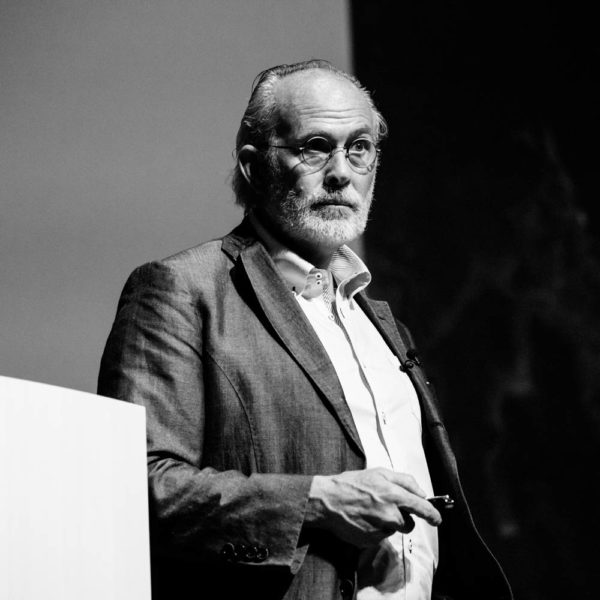 Lowell SheppardHOPE International Development Agency Japan
Lowell SheppardHOPE International Development Agency Japan -
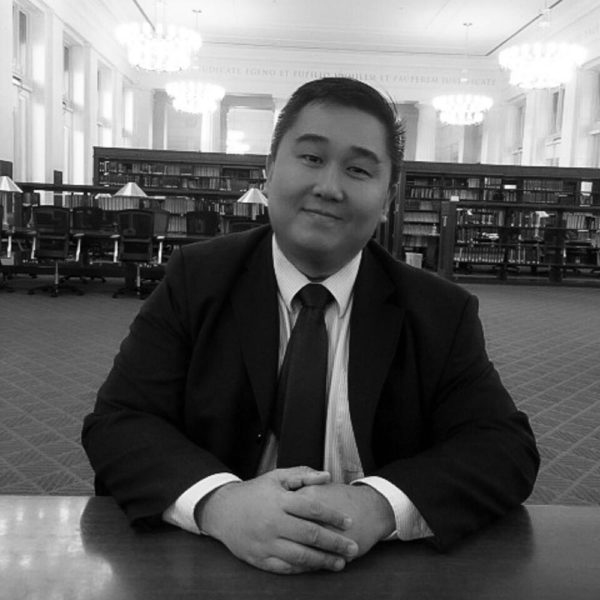 Victor TeoUniversity of Hong Kong, Hong Kong
Victor TeoUniversity of Hong Kong, Hong Kong
Organising Committee
-
 Lam Peng ErEast Asian Institute, National University of Singapore, Singapore
Lam Peng ErEast Asian Institute, National University of Singapore, Singapore -
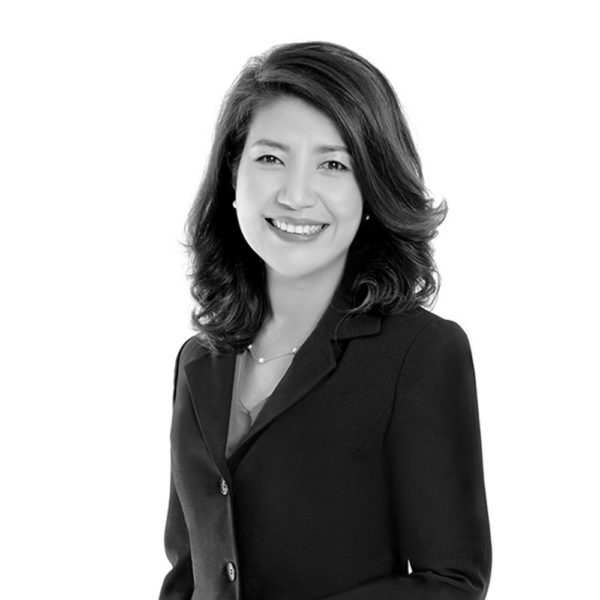 Lynette Swee Hian GohSingapore Management University (SMU), Singapore
Lynette Swee Hian GohSingapore Management University (SMU), Singapore -
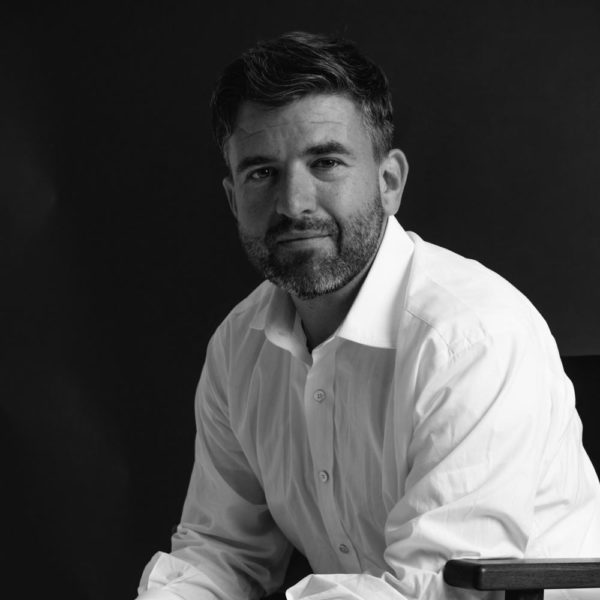 Joseph HaldaneThe International Academic Forum (IAFOR), Japan
Joseph HaldaneThe International Academic Forum (IAFOR), Japan -
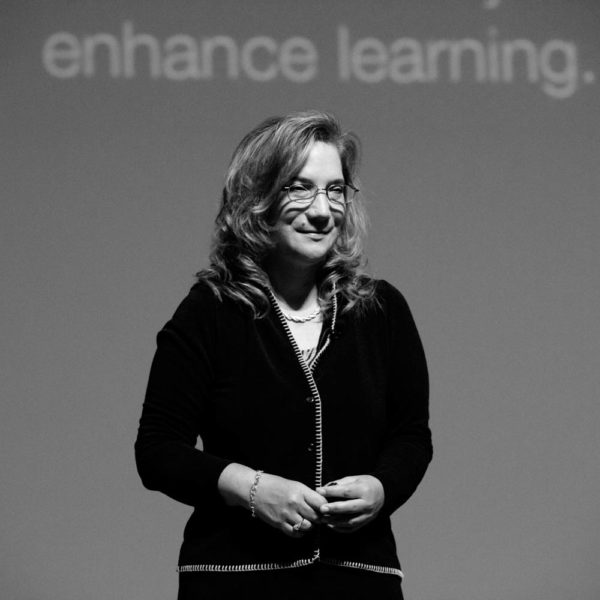 Barbara LockeeVirginia Tech., USA
Barbara LockeeVirginia Tech., USA -
 Farish NoorNanyang Technological University (NTU), Singapore
Farish NoorNanyang Technological University (NTU), Singapore -
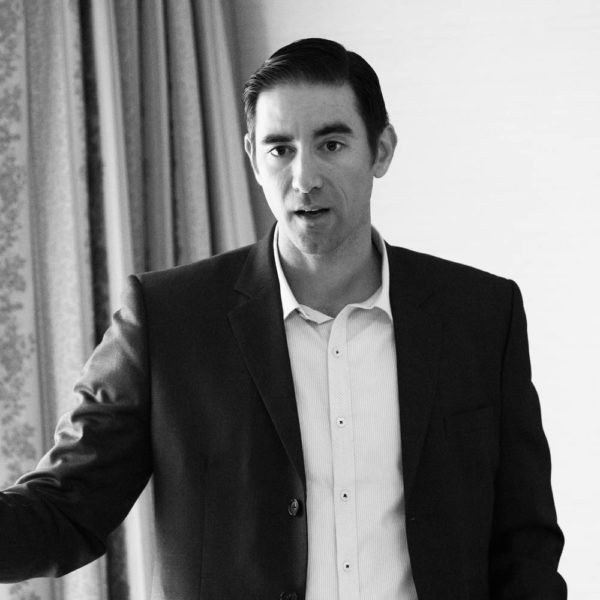 Justin SandersMinerva Project
Justin SandersMinerva Project -
 Haruko SatohOsaka University, Japan
Haruko SatohOsaka University, Japan -
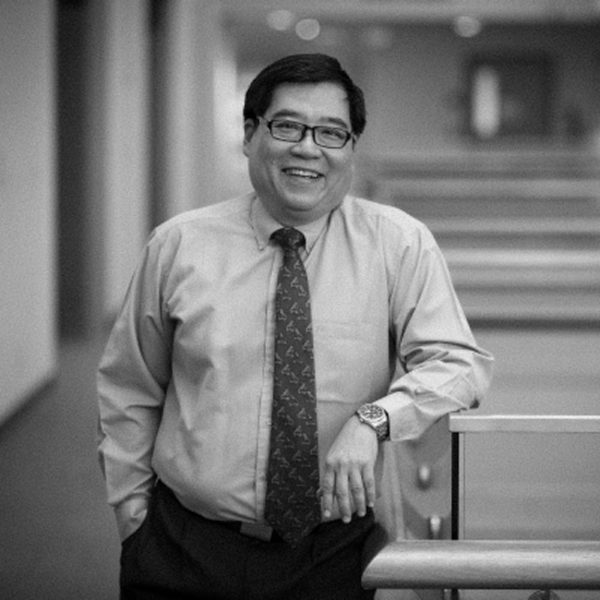 Wee Liang TanSingapore Management University (SMU), Singapore
Wee Liang TanSingapore Management University (SMU), Singapore -
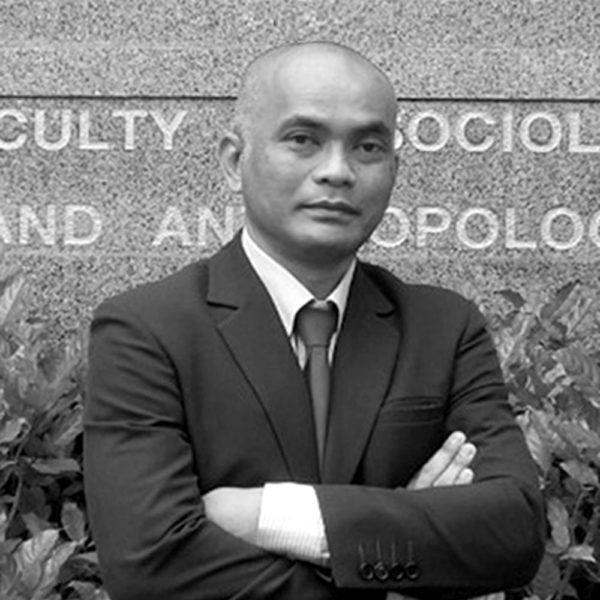 Anusorn UnnoThammasat University, Thailand
Anusorn UnnoThammasat University, Thailand -
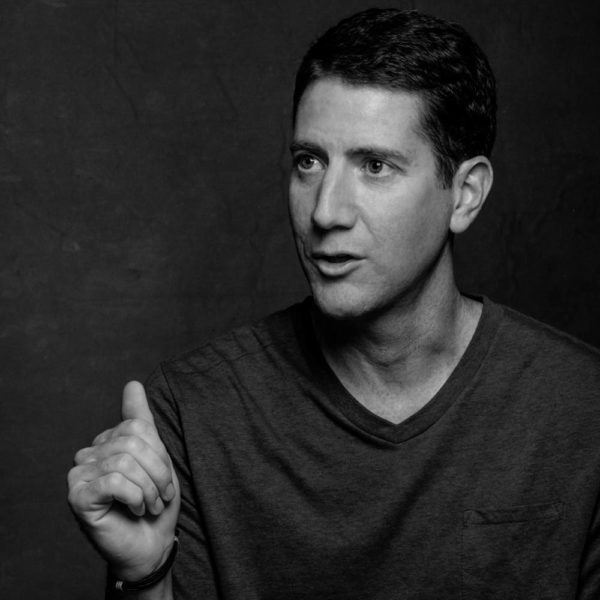 Zachary WalkerUniversity College London, UK
Zachary WalkerUniversity College London, UK
Review Committee
- Dr Burton Aggabao, Isabela State University, Philippines
- Professor James Briganti, Nagasaki University, Japan
- Dr Edsoulla Chung, The Open University of Hong Kong, Hong Kong
- Professor Heeseon Jang, Pyeongtaek University, South Korea
- Dr Annie WY Ng, The Hong Kong University of Science and Technology, Hong Kong
- Dr Marilyn Obod, Our Lady of Fatima University, Philippines
- Dr Nessrin Shaya, American University in the Emirates, United Arab Emirates
- Dr Tee Hui Teo, SUTD, Singapore
- Dr Ulysses Yu, Philippine Normal University and St. Stephen's High School, Philippines
SEACE2020 Scholarship Winners
Our warmest congratulations go to Yuni Yulianti, Ernie Pamor and Andi Susilo, who have been selected by the conference Organising Committee to receive grants and scholarships to present their research at SEACE2020.
IAFOR's grants and scholarships programme provides financial support to PhD students and early career academics, with the aim of helping them pursue research excellence and achieve their academic goals through interdisciplinary study and interaction. Awards are based on the appropriateness of the educational opportunity in relation to the applicant's field of study, financial need, and contributions to their community and to IAFOR's mission of interdisciplinarity. Scholarships are awarded based on availability of funds from IAFOR and vary with each conference.
Click here to learn out more about IAFOR grants and scholarships.
